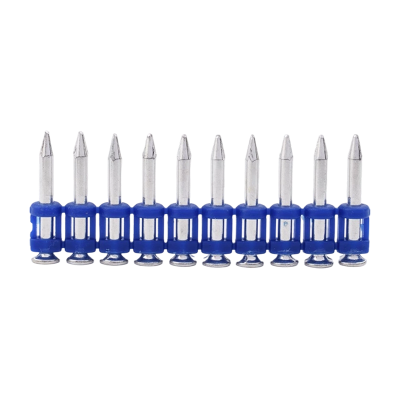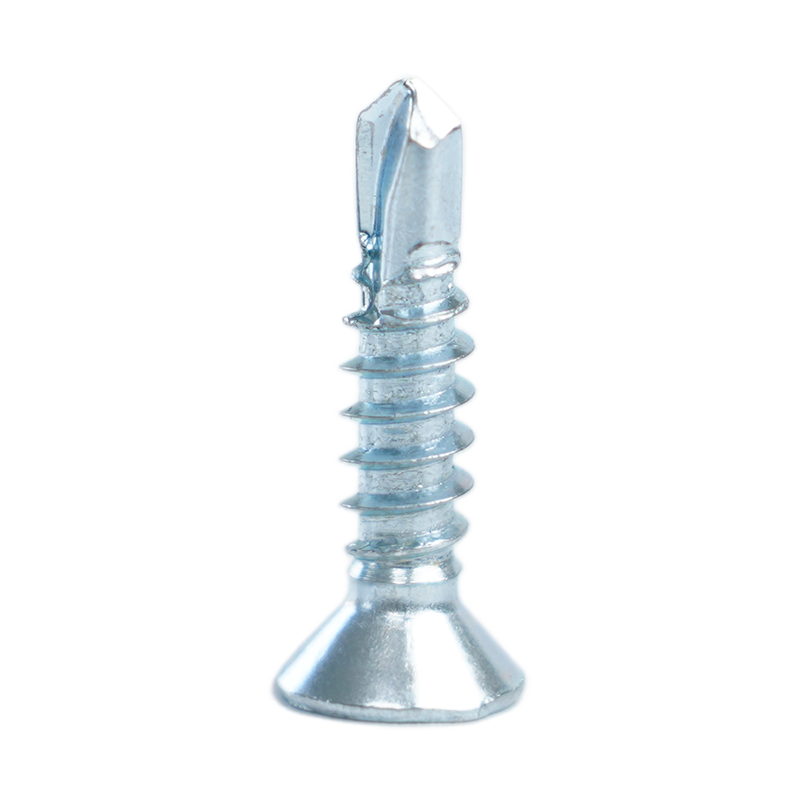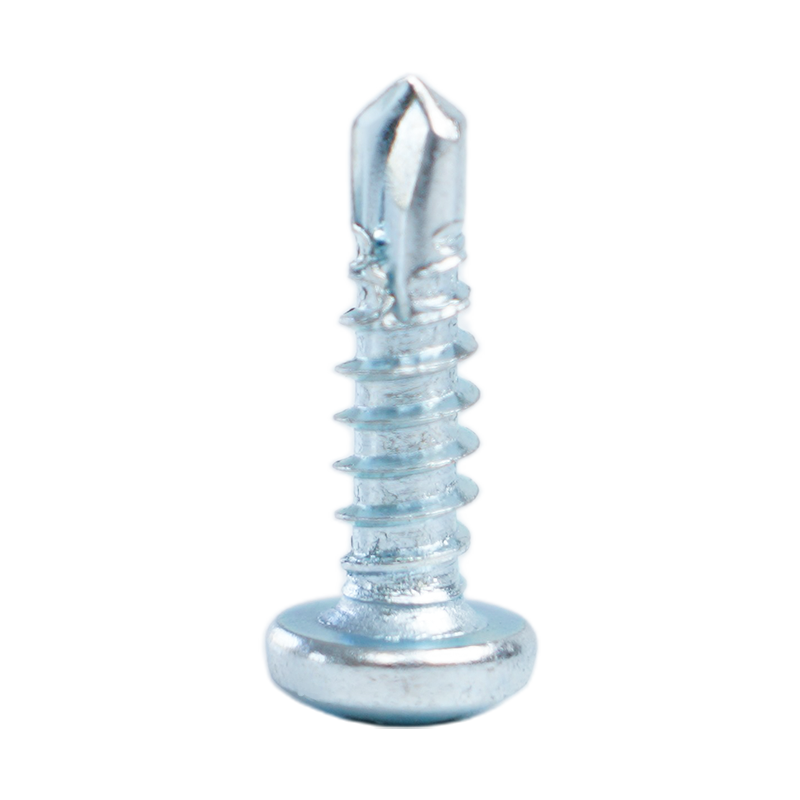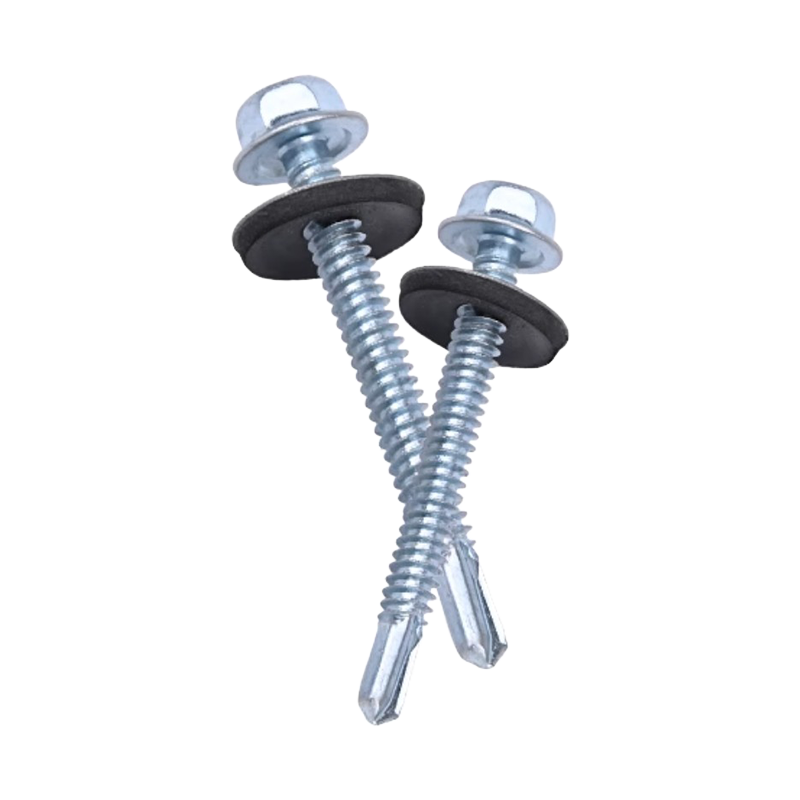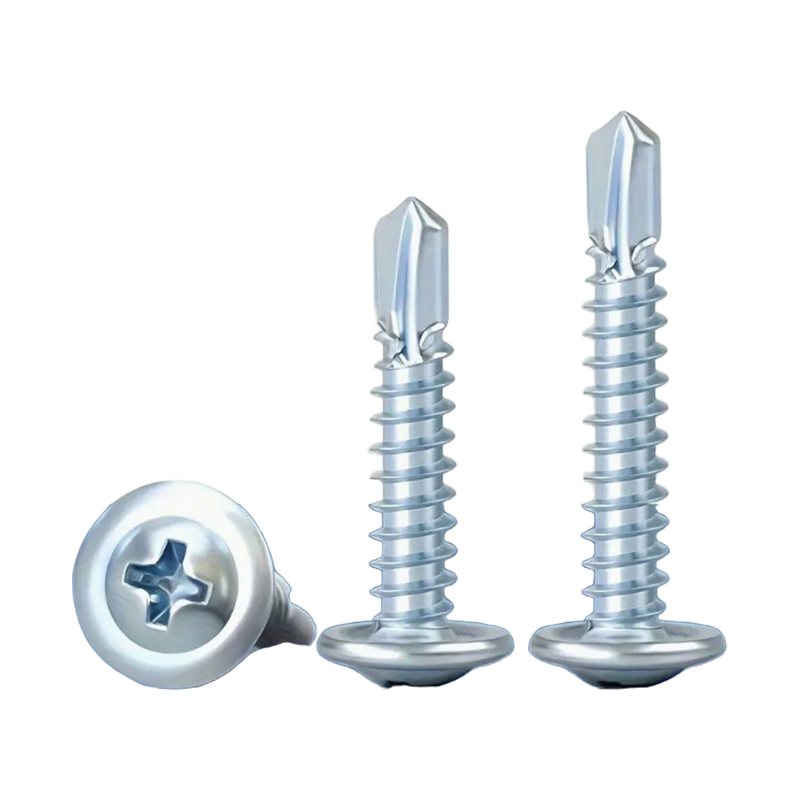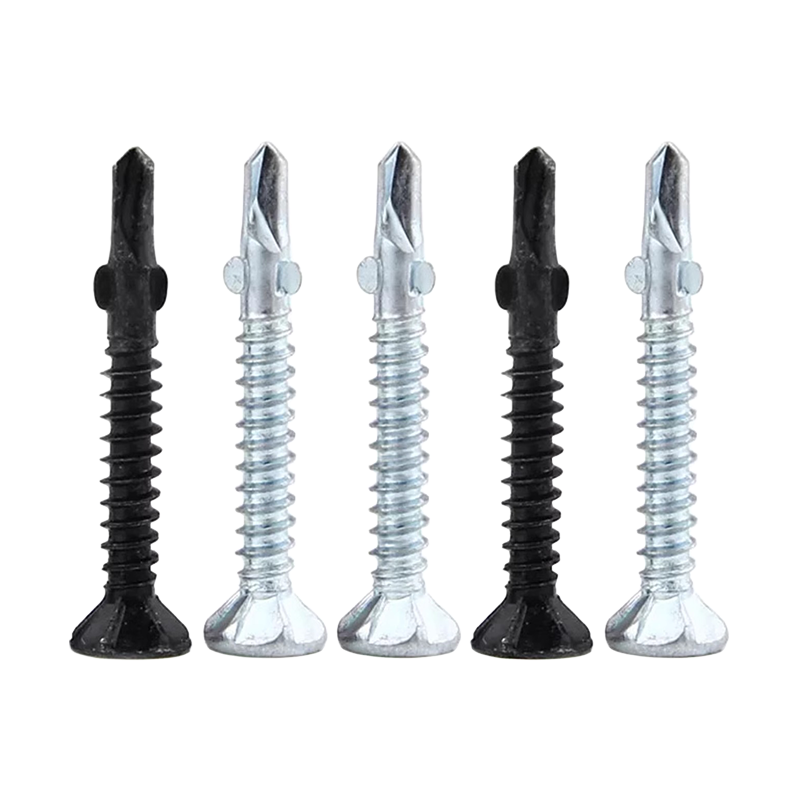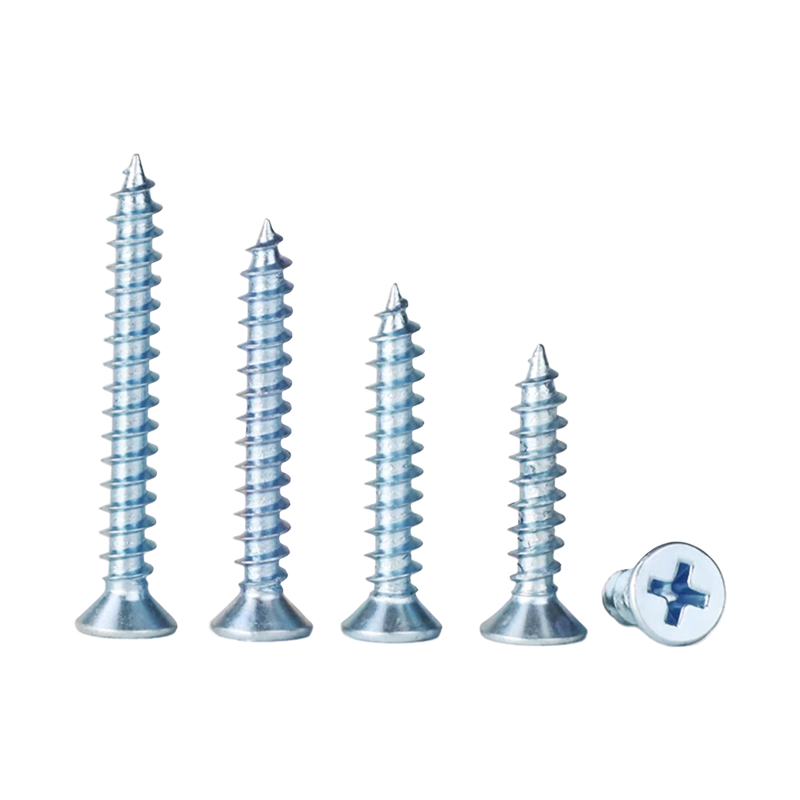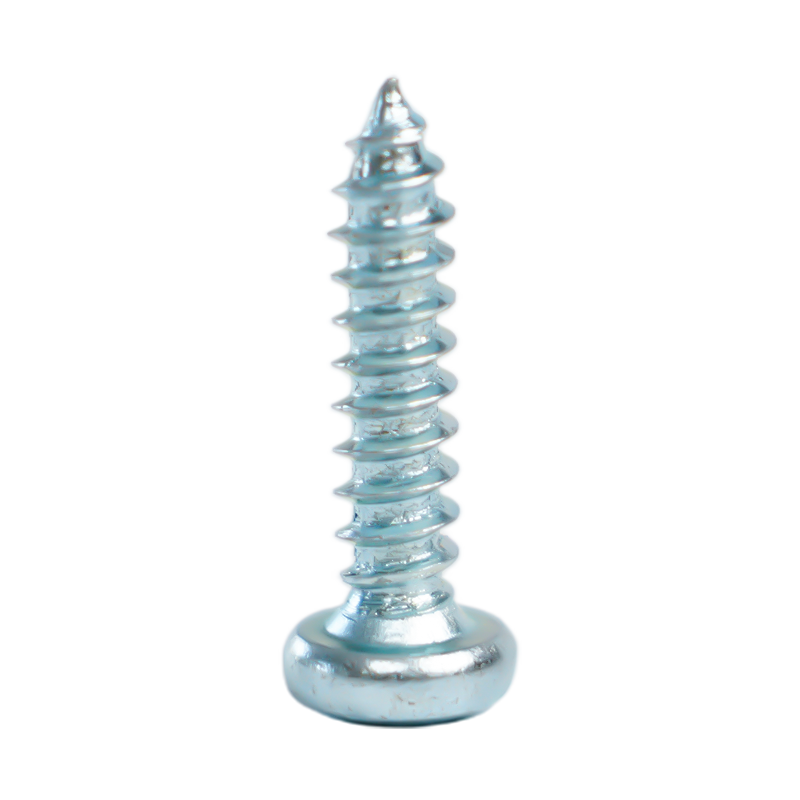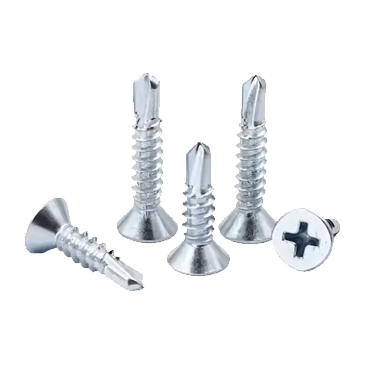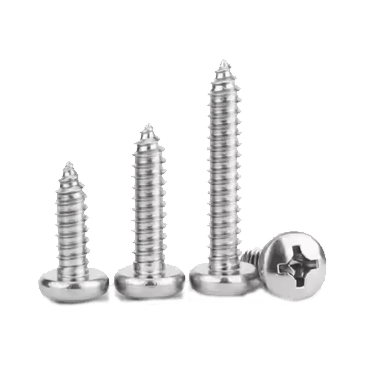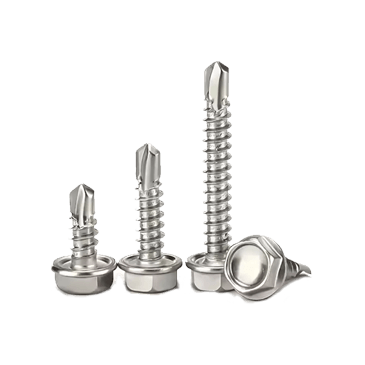Selecting the right fasteners is a foundational step in any construction project, yet it is often overlooked. The choice of nails directly impacts the structural integrity, longevity, and safety of the final build. Partnering with a professional nails supplier is not merely a transaction; it's an investment in quality and reliability. This article delves into the critical aspects of choosing the right nails for your project, the advantages of working with expert suppliers, and how the right fastening point can make all the difference. We will explore various nail types, their applications, and provide a clear framework for making informed decisions that ensure your construction stands the test of time.
Understanding the Importance of Quality Nails in Construction
The integrity of any structure hinges on the sum of its parts, and nails are among the most crucial components. High-quality nails, designed for specific applications, provide superior holding power, resist corrosion, and prevent failures that can lead to costly repairs or safety hazards. Using substandard or incorrect nails can compromise the entire project, from framing and sheathing to finishing work. A professional nails supplier understands these nuances and provides products that meet stringent industry standards. They offer expertise that goes beyond the product itself, often providing valuable advice on the best fastening solutions for unique project challenges. This partnership ensures that every nail driven contributes to a safer, more durable, and ultimately more successful construction outcome, making the choice of supplier a critical decision for any project manager, contractor, or DIY enthusiast.
- Structural Integrity: Quality nails ensure joints remain secure under stress and load.
- Corrosion Resistance: Galvanized or coated nails prevent rust, extending the life of the structure, especially in outdoor or high-moisture environments.
- Shear Strength: The ability of a nail to resist snapping under lateral pressure is paramount for safety.
- Consistent Quality: Reputable suppliers provide nails with consistent dimensions and material properties, ensuring predictable performance.
5 Key Long-Tail Keywords for Finding the Right Nails Supplier
Navigating the search for construction materials requires precision. Utilizing specific, long-tail keywords can connect you directly with the specialized suppliers and information you need. These phrases have good search volume, lower competition than generic terms, and are highly relevant to making an informed purchase. Incorporating these terms into your research will lead you to more detailed product pages, technical data sheets, and suppliers who cater to professional needs rather than general hardware stores.
- best galvanized nails for outdoor fencing
- bulk common nails for framing lumber
- where to buy masonry nails for concrete
- affordable finishing nails for trim work
- types of roofing nails for asphalt shingles
Best Galvanized Nails for Outdoor Fencing
Selecting the best galvanized nails for outdoor fencing is critical for ensuring the longevity and appearance of your fence. Outdoor structures are constantly exposed to the elements—rain, sun, snow, and humidity—which can cause standard steel nails to rust quickly, leading to unsightly stains (iron bleed) and a weakening of the fastening point. Hot-dip galvanized nails are the industry standard for this application. This process involves coating the steel nail in a layer of zinc, which acts as a sacrificial anode, corroding before the steel itself does. The thickness and completeness of this coating are what differentiate adequate nails from the best. A professional supplier will offer nails with a consistent, thick galvanization to provide decades of protection, ensuring your fence remains sturdy and visually appealing without premature failure due to rust.
- Hot-Dip Galvanized: Offers the thickest coating, ideal for prolonged ground contact and harsh weather.
- Electro-Galvanized: Provides a thinner, smoother coating suitable for less exposed areas but not recommended for direct ground contact.
- Stainless Steel: The premium, rust-proof option for coastal areas with salt spray, though more expensive.
- Ring Shank or Screw Shank: These nails offer exceptional withdrawal resistance, preventing them from loosening as the wood expands and contracts with changes in moisture.
Bulk Common Nails for Framing Lumber
When undertaking large-scale projects like building a house or a deck, purchasing bulk common nails for framing lumber becomes a matter of both efficiency and economy. Common nails are characterized by their thick shank and diamond-shaped point, designed for strong holding power in structural framing. Buying in bulk from a specialized supplier ensures you have a consistent supply of high-quality nails that meet building codes, often at a significantly lower per-unit cost than buying small boxes from a retail store. It's crucial to specify the correct nail type—often a 16d (3 1/2-inch) common nail for framing—and material. While common nails are typically bright (uncoated) for interior framing, for exterior walls or plates that might be exposed to moisture before the building is enclosed, galvanized or other corrosion-resistant nails are a wiser choice. A reliable supplier will offer various packaging options for bulk purchases, from large boxes to convenient coils for nail guns, streamlining your construction process.
- Nail Sizing (Penny System): Understand the "d" sizing (e.g., 8d, 10d, 16d) to purchase the correct length for your lumber dimensions.
- Shank Type: Smooth shank is standard, but ring-shank common nails provide vastly improved holding power for critical joints.
- Head Style: A wide flat head provides a good bearing surface to hold sheathing and framing members securely.
- Material Consistency: Bulk nails must be free of defects like bends or improper points to avoid jamming pneumatic nailers.
| Nail Type | Typical Size | Primary Use Case | Material Recommendation |
| Common Nail | 16d (3.5") | General Framing, Joists | Bright or Galvanized |
| Box Nail | 16d (3.5") | Lighter Framing, Sheathing | Bright or Galvanized |
| Sinker Nail | 16d (3.25") | Framing with Nail Guns | Galvanized |
| Threaded Nail | 16d (3.5") | High-Strength Connections | Galvanized or Stainless |
Where to Buy Masonry Nails for Concrete
The question of where to buy masonry nails for concrete is common for those tackling projects involving brick, concrete blocks, or poured concrete. Standard nails cannot penetrate these hard surfaces; masonry nails, made from hardened steel, are designed specifically for this tough job. They are thicker and blunter than common nails and are driven into pre-drilled holes or, in some cases, directly into soft brick or mortar joints. Finding the right supplier for these specialized fasteners is key. General big-box retailers may carry a limited selection, but a dedicated construction supply house or a reputable online industrial supplier will offer a full range of types, including cut nails, round nails, and square nails, in various lengths and gauges. These suppliers can also provide crucial advice on the correct installation technique, such as the necessary pilot hole diameter for the specific nail and concrete type, preventing cracks and ensuring a secure hold.
- Hardware Stores: Limited selection, often only basic types.
- Construction Supply Houses: Best for professional-grade options and bulk quantities.
- Online Industrial Suppliers: Widest selection, detailed specifications, and customer reviews to guide purchase.
- Specialty Fastener Stores: Offer expert advice and high-performance options for challenging applications.
Affordable Finishing Nails for Trim Work
Achieving a professional-looking finish in carpentry hinges on using the right fasteners. Finding affordable finishing nails for trim work that don't sacrifice quality is essential for both aesthetics and budget. Finishing nails have small, barrel-shaped heads that can be driven slightly below the wood surface (set) and then concealed with wood putty, leaving a smooth, unblemished appearance. "Affordable" here should not mean "cheap"; it means finding a supplier that offers high-value nails—consistent in size, with sharp points for easy driving and clean steel that doesn't stain the wood—at a competitive price point. Bulk purchases from a dedicated supplier are often the most cost-effective route for contractors. For trim work, consider the nail's gauge (thickness); a thinner gauge (like 15 or 16) is less likely to split delicate trim pieces. A good supplier will offer a range of finishes, including bright, galvanized, and even stainless steel, at various price points to suit the project's needs and environment.
- Gauge Size: 15-gauge and 16-gauge are most common for interior trim, with 18-gauge used for the most delicate pieces.
- Head Design: A small, slightly convex head is ideal for setting and hiding.
- Length: Choose a length long enough to penetrate the underlying framing member by at least 3/4 inch for a secure hold.
- Material: For painted interiors, bright finish is sufficient. For areas with moisture, electropolished or galvanized nails prevent rust bleed.
Types of Roofing Nails for Asphalt Shingles
Choosing from the various types of roofing nails for asphalt shingles is a decision that directly affects the weathertight integrity and wind resistance of a roof. Roofing nails are characterized by their short, thick shanks and very wide, flat heads. The large head design provides a broad bearing surface to hold the asphalt shingle securely without tearing through the material. The most critical factor is corrosion resistance; since roofs are exposed to all weather conditions, nails must be heavily galvanized or made of aluminum or stainless steel. A professional supplier will offer nails with a ring or screw shank for maximum withdrawal resistance, preventing them from backing out over time due to thermal expansion and contraction of the roof deck. Using the wrong nail can void shingle warranties and lead to leaks and wind damage. Therefore, sourcing from a supplier that provides nails that meet or exceed ASTM standards for roofing is non-negotiable for a quality installation.
- Galvanized Steel: The most common type; must be hot-dip galvanized for longevity.
- Aluminum: Lightweight and rust-proof, but not suitable for use with pressure-treated wood due to corrosion.
- Stainless Steel: The premium, most corrosion-resistant option for the longest lifespan, especially in coastal regions.
- Shank Style: Smooth shank is standard, but ring-shank offers superior grip and is often required in high-wind zones.
| Nail Material | Corrosion Resistance | Best For | Considerations |
| Hot-Dip Galvanized Steel | High | Most standard roofing applications | Cost-effective, widely available |
| Aluminum | Excellent (No Rust) | Non-treated wood, dry climates | Not for use with treated lumber |
| Stainless Steel | Exceptional | Coastal areas, longest lifespan | Higher cost, superior performance |
FAQ
What is the difference between bright, galvanized, and stainless steel nails?
The key difference lies in their corrosion resistance and, consequently, their suitable applications. Bright nails are made of plain, uncoated steel. They are economical and provide good holding power but are highly susceptible to rust and corrosion when exposed to moisture. They are strictly for interior, dry applications like framing that will never get wet. Galvanized nails are coated with a layer of zinc to protect the underlying steel from rust. The hot-dip galvanizing process provides a thick, rugged coating ideal for outdoor use, fencing, and roofing. Electro-galvanizing offers a thinner, smoother coating for less demanding environments. Stainless steel nails are the premium option, made from an alloy that is inherently rust-proof. They are essential for coastal environments with salt spray, cedar or redwood siding (which contains tannins that corrode steel), and other applications where maximum longevity and avoidance of rust stains are critical, albeit at a higher cost.
How do I choose the right length of nail for my project?
Choosing the correct nail length is fundamental for creating a strong and durable connection. A general rule of thumb is that the nail should be long enough to penetrate the underlying material (the piece you are fastening to) by at least 1 to 1.5 inches. For example, when nailing a 1/2-inch thick piece of plywood sheathing to a floor joist, the nail should be at least 1.5 + 0.5 = 2 inches long. For framing, a 3x lumber member requires a nail that can penetrate deeply into the adjoining piece. Using a nail that is too short will result in a weak joint prone to failure, while a nail that is too long can split the wood or protrude unsafely from the other side. Always consult local building codes, as they often specify minimum nail sizes and penetration depths for structural connections. When in doubt, err on the side of a longer nail for a stronger hold.
Can I use a nail gun for all types of construction nails?
While nail guns dramatically improve efficiency, they cannot be used for all nail types. Pneumatic nail guns are designed for specific, collated nails that come in strips or coils. Common applications include framing with sinker nails, installing roofing nails, and fastening trim with finishing nails. However, many specialty nails, such as large masonry nails, certain hardened concrete nails, or very large common nails, are not available in a collated format and must be driven with a hammer. Furthermore, the power of the nail gun must be matched to the task; driving a long framing nail requires a high-pressure framing nailer, while a finish nailer operates at a lower pressure to avoid damaging delicate trim. Always ensure the nail type and length are explicitly compatible with the tool manufacturer's specifications to avoid jams and ensure safe operation.
Why do some nails have twisted or ringed shanks?
Nails with twisted, ringed, or screw shanks are engineered to provide significantly increased withdrawal resistance compared to smooth-shank nails. The ridges or spirals on the shank act like threads, biting into the wood fibers and creating a powerful mechanical lock. This design prevents the nail from working itself loose over time due to vibrations, wood shrinkage, or expansion. This makes them ideal for high-stress applications such as: decking (where boards constantly expand and contract with moisture and temperature), roof sheathing (to resist high winds), subflooring (to prevent squeaks), and any other situation where a smooth-shank nail might gradually back out and compromise the integrity of the structure. While they are more difficult to remove, their superior holding power is often a code requirement for critical connections.

 +86-15052135118
+86-15052135118 

 Español
Español
 Get In Touch
Get In Touch


